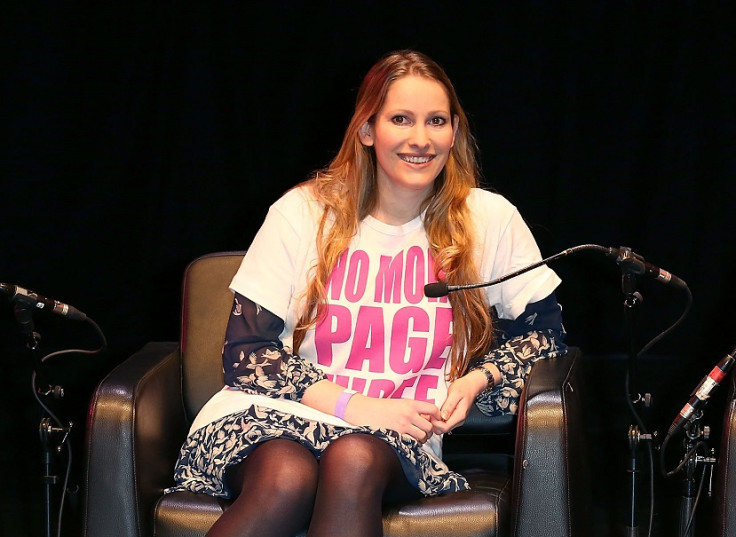NUS to End University Sexual Harassment: 25% of UK Students Experience Unwanted Advances

The National Union of Students has called for an end to "laddish culture" at British universities, in wake of a survey that revealed a quarter of students had experienced unwelcome sexual advances.
A poll of over 2,000 students commissioned by the NUS revealed a third of both female and male students questioned have had sexual comments directed at them that made them feel uncomfortable. It also found two-thirds had heard rape or sexual assault jokes on campus.
NUS president Toni Pearce said the statistics were unsurprising, adding that universities were ignoring a prevalent "lad culture".
"These stats show that harassment is rife on campus, but we still we keep hearing from universities that there is no fear, no intimidation, no problem - well this new research says otherwise," Pearce said.
The news comes as many students begin university courses with an introductory event known as freshers' week, characterised by heavy drinking and nights out.
The NUS is launching a social media campaign to highlight the problem on university campuses, calling for students to tweet their experiences.
Online communities such as Unilad and Lad Bible has been accused of promoting rape culture among British universities and trivialising sexual assault. One student publication published a feature called Top Student Totty, which asked for women to submit pictures of themselves.
In the NUS survey, around 60% of students said they were unaware of any codes or action undetaken by their university or student unions to tackle sexual harassment, unwanted advances or intimidation.
Pearce suggested that a "cross-institutional strategy" between the NUS and UK universities is essential in curbing sexism.
Universities UK chief executive Nicola Dandridge praised the efforts of the NUS in drawing attention to laddish behaviour that can undermine women and other groups.
"Universities take the welfare of their students very seriously and have internal rules relating to student behaviour. Where students require support, there are a variety of services on hand to listen to students including welfare officers, advice centres and university counselling services," she told the BBC.
"If alleged criminal behaviour is involved, all universities would support any students reporting such incidents to the police. It is important to remember that this is an issue for society generally, not just one confined to university students."
Laura Bates, of the Everyday Sexism campaign and an ambassador for the NUS lad culture national strategy team, said: "Students are experiencing sexism, sexual harassment and assault within the university environment. It is worth mentioning that one category of such experiences 'inappropriate touching and groping' actually constitutes sexual assault under UK law.
"Though many students would not label it as such, this normalisation and lack of awareness is a major part of the problem."
© Copyright IBTimes 2025. All rights reserved.




















